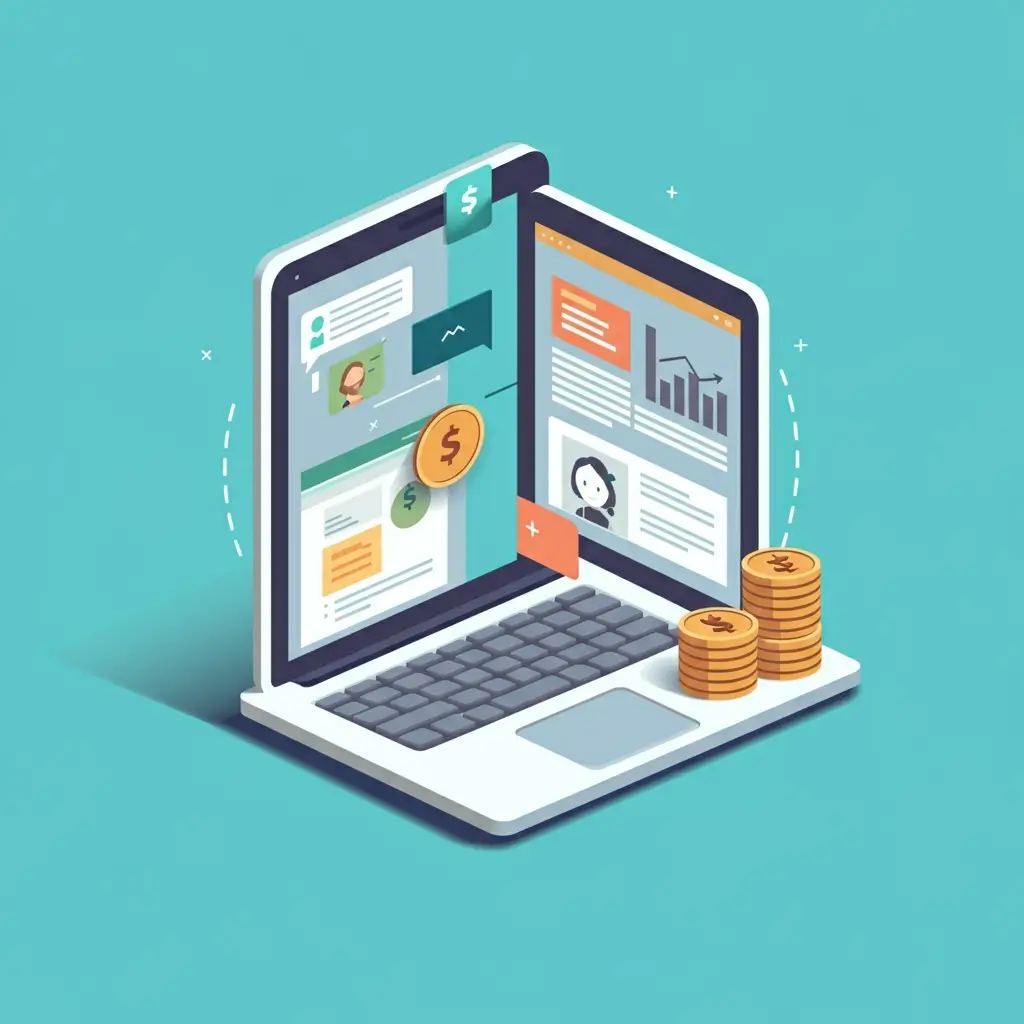Looking for ways to borrow money without paying interest? While true interest-free loans from traditional lenders don’t exist, there are several options that allow you to borrow without interest under certain conditions. From government-backed schemes to 0% interest credit cards, this guide will walk you through the steps to access interest-free credit, helping you determine which option works best for your financial needs.
Can You Really Get an Interest-Free Loan?
Traditional lenders generally don’t offer completely interest-free loans. Most loans are designed to include interest rates that ensure profitability for the lender. However, some lenders provide promotional 0% interest periods on loans or credit options, giving you temporary relief from interest payments. Keep in mind, though, that once the promotional period ends, standard interest rates apply.
That said, there are genuine alternatives for borrowing without interest, such as government programs and specific credit tools. These options, when used responsibly, can help you manage short-term financial challenges effectively and affordably.
Government Interest-Free Loans
Government-backed schemes provide a great way to borrow money without paying interest. These programs ensure fairness and are geared toward helping individuals in financial need.
Budgeting Loans
The UK government offers Budgeting Loans to help with essential expenses such as rent, clothing, household items, or travel. These loans are completely interest-free, meaning you only repay what you borrow—nothing more.
To qualify for a Budgeting Loan, you must meet the following criteria:
- You’ve been receiving one or more of these benefits for at least six months:
- Income Support
- Income-based Jobseeker’s Allowance (JSA)
- Income-related Employment and Support Allowance (ESA)
- Pension Credit
Repayments are automatically deducted from your benefits, making the process seamless. However, if you’re on Universal Credit, you won’t qualify for a Budgeting Loan. Instead, you might be eligible for a Budgeting Advance, which works similarly but is tailored for those on Universal Credit.
No-Interest Loan Scheme (NILS)
The No-Interest Loan Scheme (NILS) is an excellent alternative funded by the UK government to address urgent financial needs. It covers essential expenses like household appliances, school uniforms, or even car repairs. Loans range from £100 to £2,000, making this a helpful option for short-term financial assistance.
Eligibility requirements for NILS include:
- A referral from a housing association, credit union, or a participating lender.
- Proof that you’ve been declined credit by traditional lenders.
- Residency in an eligible area of the UK.
While these loans are limited to specific needs and locations, they are a lifeline for many individuals and families unable to secure traditional financing.
4 Types of Interest-Free Credit
If government schemes don’t suit your needs, private interest-free credit options are also available. Here are four common ways to borrow money without paying interest.
1. 0% Credit Cards
Credit cards with a 0% interest period allow you to borrow money without interest—provided you pay off the balance before the promotional period ends. These cards are ideal for managing short-term expenses or consolidating debt. Common types include:
- Purchase Cards: Spread the cost of large purchases, like electronics or furniture, over several months without paying interest.
- Balance Transfer Cards: Move existing credit card debt to a new card with 0% interest, helping you save on interest payments during the promotional period.
- Money Transfer Cards: Transfer debt from your bank account to your credit card, enjoying 0% interest for a set period.
To qualify for these cards, you’ll usually need a good credit score. Use tools like Experian to check your score and take steps to improve it if necessary.
2. Interest-Free Overdrafts
Some banks offer arranged overdrafts with an interest-free buffer, letting you borrow up to a certain limit without paying interest. This can be a convenient option for managing short-term cash flow gaps. However, once the buffer period ends, the bank will charge interest on any remaining debt, so it’s important to use this option carefully.
3. Buy Now, Pay Later (BNPL)
Retailers frequently offer interest-free short-term loans through Buy Now, Pay Later services. These services let you spread the cost of purchases over several months without paying interest—provided you stick to the payment schedule. Examples of popular BNPL providers include Klarna, Afterpay, and PayPal Credit.
While BNPL can be a useful tool, be cautious. Missed payments or failing to adhere to the terms can lead to hefty fees and growing debt. Always read the fine print before committing.
4. PayPal Credit
PayPal offers interest-free credit for purchases over a certain amount, typically for 4 to 6 months. This can be a great way to make larger purchases more manageable without incurring interest. However, as with 0% credit cards, make sure to pay off the balance before the interest-free period ends to avoid high rates.
When to Consider Low-Interest Loans
While interest-free credit options are appealing, they’re not always the best solution—especially if you’re borrowing a large amount or need longer to repay. In these cases, a low-interest loan might be a better choice. A low-interest personal loan offers predictable monthly payments, which can be more manageable for larger financial needs. Take the time to compare loan offers and find the one that best fits your situation.
Key Takeaways
Interest-free loans from traditional lenders may not exist, but there are multiple ways to access interest-free credit. Whether you’re eligible for a government-backed scheme, a 0% credit card, or other alternatives like PayPal Credit, the right choice depends on your financial needs and repayment capacity.
Always read the fine print, stick to repayment schedules, and explore additional resources like budgeting tools or credit score improvement strategies to make the most of these options. Borrow wisely to avoid unexpected costs and keep your finances on track.
Looking for more financial tips? Check out our guides on budgeting, saving, and credit management with tools like Experian to stay in control of your money.
